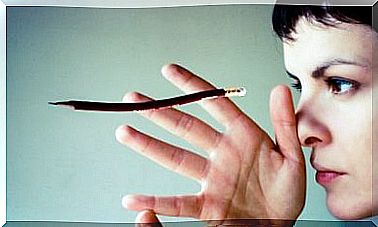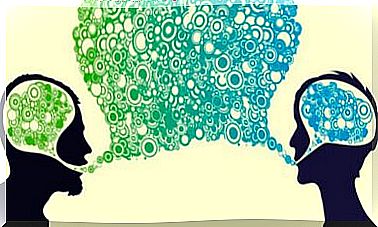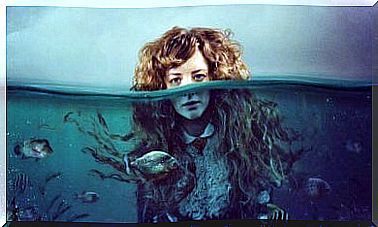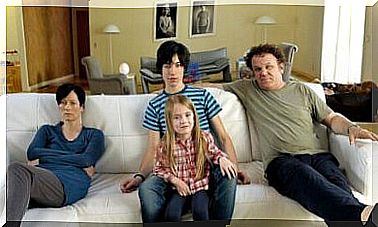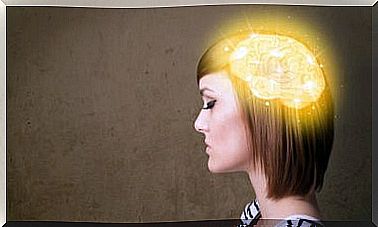The Effect Of Lake Wobegon Or Considered Above Average
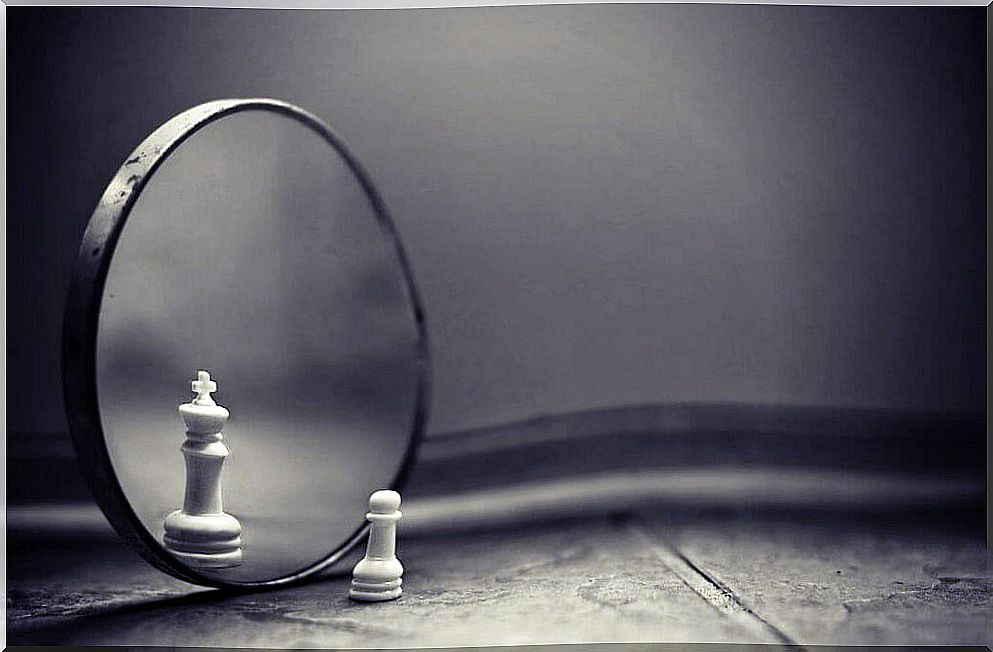
The writer Garrison Keillor created a fictional city called “Lake Wobegon.” A place where, in his words, all women are strong, all men are handsome, and all children are above average. This definition gave its name to a cognitive bias such as the Lake Wobegon effect, which consists of overestimating positive abilities and underestimating negative qualities.
This phenomenon has also been called optimistic bias and it is a very common effect. Specifically, 95% of drivers consider themselves above the rest; just like most students. Thinking that we are above the average is very common. In fact, we often judge according to our merits, stereotypes, and unconscious attitudes.
If we were asked to rate our level of intelligence compared to the rest, most of us would say that we are above average. Some might be closer to this, but there would be very few who would recognize being below.
The effect of Lake Wobegon is also related to illusory superiority, that is, to the belief of considering oneself superior to others and avoiding defects and errors. In this way, the individual establishes a false superiority in relation to various aspects such as intelligence, beauty or behavior.

The illusory superiority of considering yourself above average
As Charles Darwin stated, “ignorance begets more trust than knowledge.” Therefore, illusory superiority tends to occur more in incompetent people who tend to overestimate their abilities. Short-sighted people to recognize the abilities and capacities of others.
This self-deception and cognitive awareness problem is usually linked to the vanity that characterizes this type of person; Therefore, in addition to considering themselves superior, these individuals are unable to recognize their error. Accepting that they don’t know something or that they don’t have certain abilities or skills is impossible for them.
The most interesting thing about this cognitive bias is that the more incompetent you are, the less you are aware of it. They are usually people who boast of their intellectual abilities, their culture and their intelligence, when they really do not have such cognitive or cultural abilities. And, what is worse, they are not aware of it and even insecurity dominates them even if they do not show it.
Now, having a favorable view of one’s own abilities is not bad, nor selfish, nor does it mean that we are ignorant, on the contrary, it helps us. The problem occurs when we do not know how to set a limit and we believe we are the best in everything, forgetting that we also have shortcomings and that there are many others with good qualities.
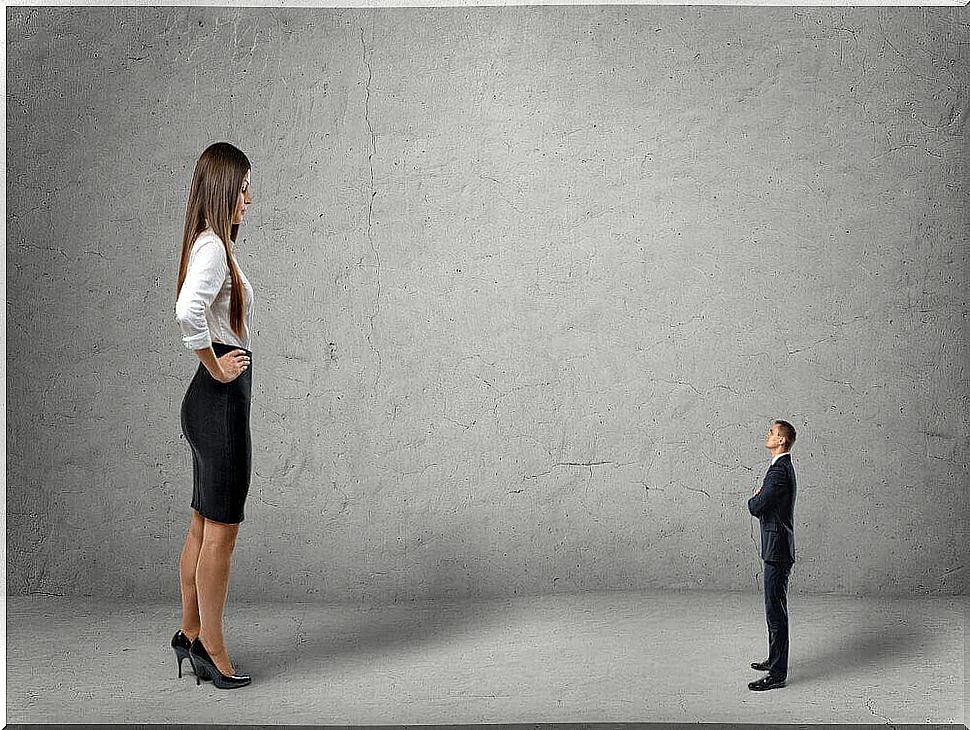
The consequences of the Lake Wobegon effect
Psychologists Justin Krugger and David Dunning of Cornell University in New York found that those who were clearly below average in intellectual ability and knowledge generally believed themselves to be the smartest around. Nietzsche called this group of people bildungsphilisters or learned, ignorant coarse people who boast of their titles and years of experience.
In fact, four of the most important studies on the effect of Lake Wobegon coincide with these results: a certain group of people with slightly low capacities are usually considered to be exaggeratedly good, and they also have great difficulty in recognizing their own incompetence.
On the contrary, people with slightly higher returns are associated with an exaggeratedly lower probability of perceptions than their real returns, that is, they undervalue their skills. In addition, by doubting themselves they tend to be more insecure and doubtful in front of others and therefore inspire less confidence.
The overestimation of the incompetent together with the underestimation of the people with the best performance, in many cases, makes the former are more taken into account due to their large doses of security and confidence. Which does not mean that you are right, but that we let ourselves be carried away by first impressions.
Furthermore, the lack of ability to identify intellectual limitations from the Lake Wobegon effect leads to two problems : wrong decision-making and the inability to be self-critical. Which implies a blockage in the ability to grow and evolve personally.
The existence of this effect leads us to reflect not only on where we are in terms of our own assessment but also on how we value others. Do we look at people’s abilities and qualities or do we simply trust the security they demonstrate without contrasting it?
v


